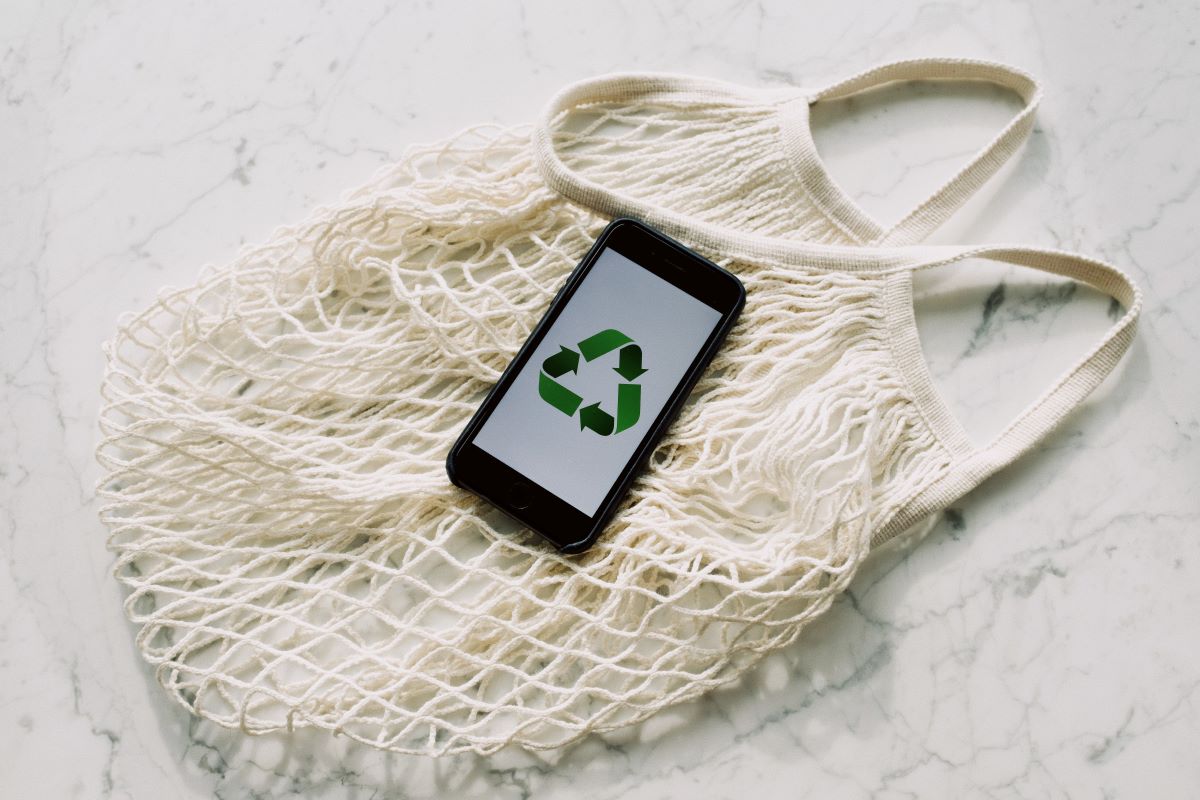Sustainability is a long-overdue business practice for most industries. Now that the pandemic has increased awareness on climate change and consumers are demanding more green products, businesses are left with no choice but to do a quick 180-degree transition.
Simply doing so, however, won’t be enough to get the support of your target market. You have to strategically market your sustainability efforts to let them know that you’re on board the green train to an eco-friendly future.
If you’re not sure where to start, here are four marketing ideas that will help you broadcast your greener branding:
Identify Your Selling Point
Claiming that you’re using sustainable materials and methods won’t cut it. At worst, your customers will likely be more confused than interested in what you’re communicating. Sustainability can mean a lot of different things to various companies and industries. Narrow down the precise benefits of your eco-friendly efforts to create a selling point.
A selling point is a brief and concise marketing statement that you’ll often see on product labels and store posters. Are your products chemical-free? Are they made of 100 percent recycled materials? You’ll also see phrases like “low energy solution” on certain lighting alternatives and “low waste” on everyday objects like grocery bags.
Yours may be a combination of three or four but focus on only one or two. Once you’ve decided on your major selling points, you can proceed to create marketing strategies that revolve around them.
Partner with Local Vendors
One of the simplest and most effective sustainability efforts is to partner with local vendors that are also eco-friendly. Going local lessens the emissions that come with overseas shipments, therefore reducing the carbon monoxide that gets trapped in the atmosphere.
Businesses like restaurants and bakeshops can put up a list of their suppliers to boost their customers’ trust. Better yet, dedicate a corner to promote these green companies. For example, those who are looking for aseptic fruit puree or juice for sale can tap your supplier to support other green businesses. The same applies to your green suppliers of baking equipment, furniture, and ingredients. In return, you can request that your vendors also market you to their customers in the same way.

Recycled Marketing Materials
Nothing beats recycled materials to broadcast your sustainability efforts. This is particularly true for shops that rely on foot-traffic for profit. You can hire a professional calligrapher to create signs on recycled papers. If you’re using salvaged wood for your racks, shelves, and other furniture, then make sure to let your customers know. Nothing is quite as impressive as a shop that maximizes the use of recyclable materials while achieving an eye-catching aesthetic.
Incorporate Green in Your Logo
Since your logo is at the forefront of every touchpoint and marketing campaign, it only makes sense that you use them in communicating your green methods. Incorporate familiar insignia that stand for sustainability or mother nature, like the recycle logo or a leaf in the shape of hands or feet. It will only take one look for prospective customers to know that your products and services are sustainable, giving you an instant competitive edge.
Once you’ve created one, make sure to use it on your website, social media, store decor, and even in your standard email valedictions. It’s a constant but subtle reminder to your customers and vendors that you care for the environment.
There’s nothing worse than promoting your sustainability efforts only to be found guilty of deception. If you’re just beginning to transition from your old practices, then don’t be ashamed to say so. Promote existing methods, not future ones that you haven’t implemented. As your sustainability progresses, then so can your marketing efforts. This is how you build trust with your clients and vendors, as well as ensure your accountability to the environment.
